-
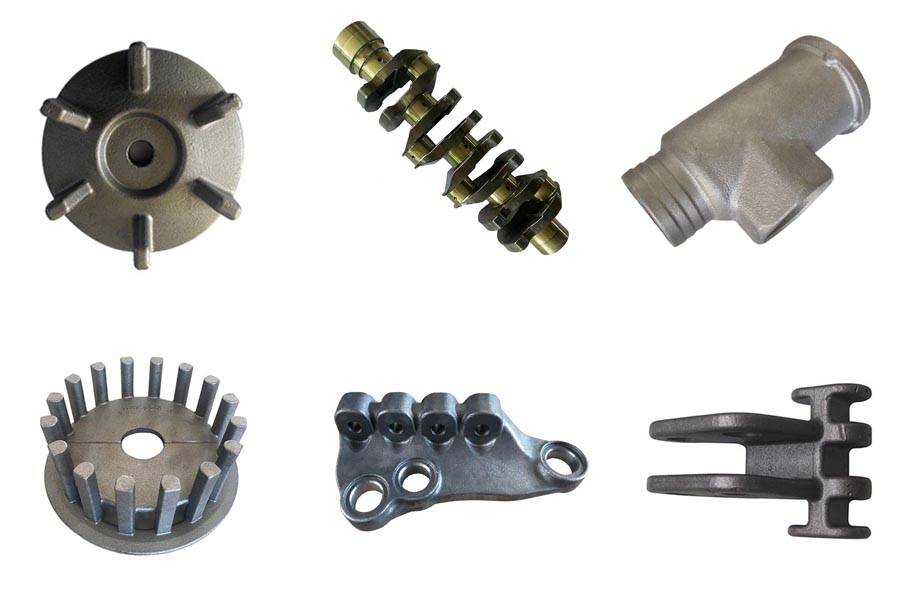
Ductile Cast Iron Mechanical Properties
Ductile cast iron, which is also called nodular iron or spheroidal graphite (SG) cast iron, is not a single material but is part of a group of materials which can be produced to have a wide range of properties through control of the microstructure. Nodular cast iron obta...Read more -
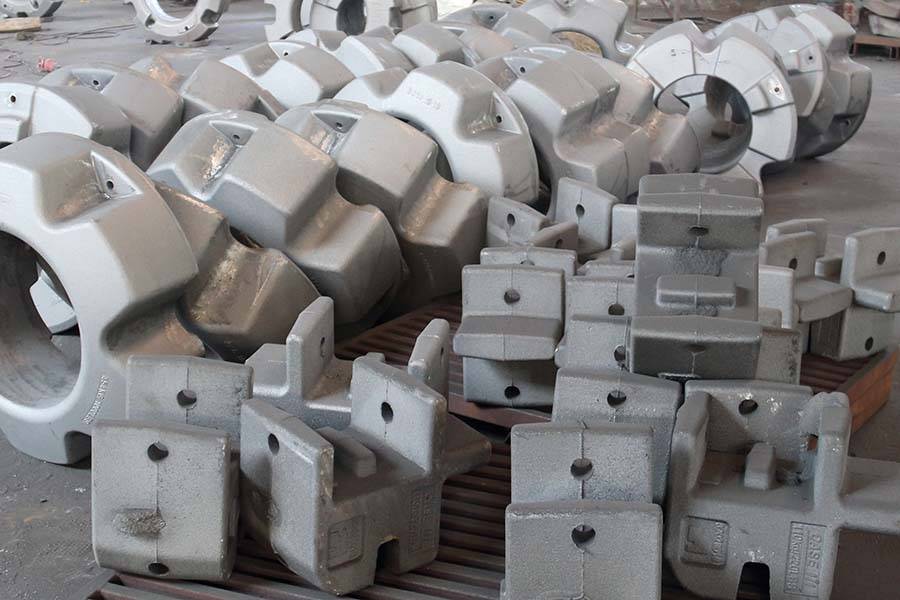
Malleable Cast Iron
Malleable cast iron is obtained by pouring molten iron with a certain chemical composition into white blanks and then treated by annealing. Graphite in malleable cast iron is mainly flocculent and sometimes a small amount of pellets. The main matrix structure of malleabl...Read more -
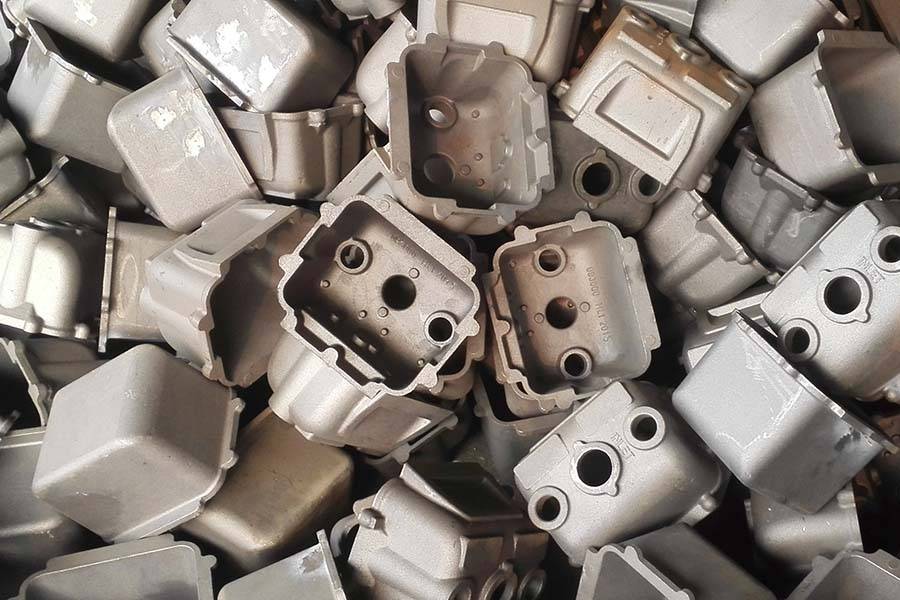
Chrome Molybdenum Cast Steel
Chromium-molybdenum cast steel is widely used in industrial fields with relatively high mechanical properties. The addition of molybdenum to chromium steel can increase the strength of steel castings without having a significant impact on the impact toughness of cast ste...Read more -
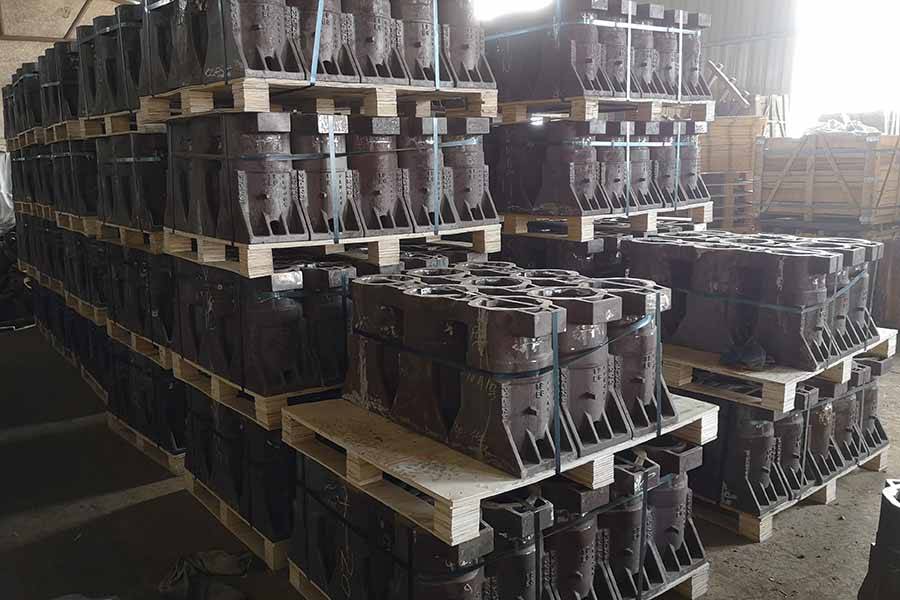
Brief Introduction of Wear-Resistant Cast Steel
Among a wide variety of casting alloys, wear-resistant cast steel is a very widely used alloy steel. Wear-resistant cast steel mainly improves the wear resistance of steel castings by adding different content of alloying elements, such as manganese, chromium, carbon, etc...Read more -
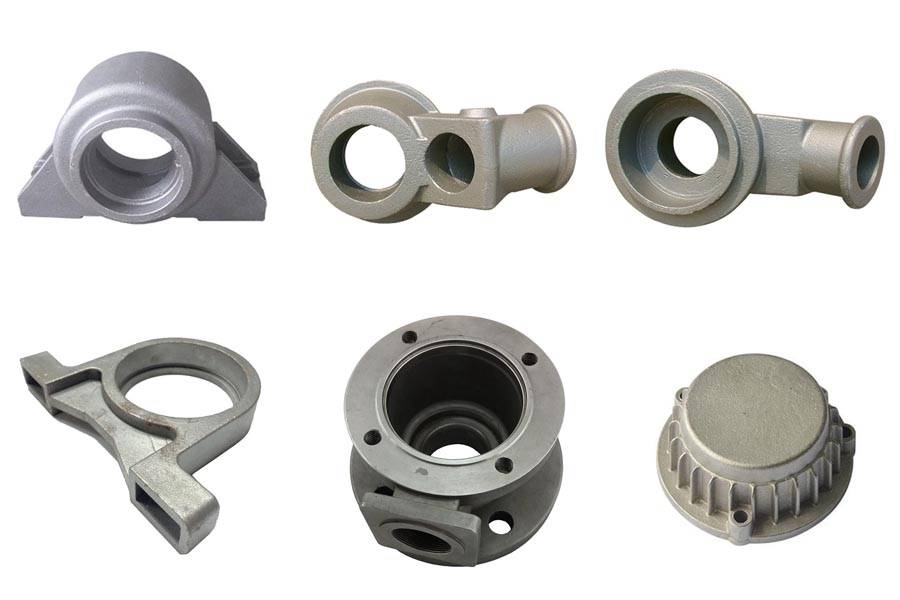
The Advantages of Steel Castings Comparing to the Steel Forgings
Steel castings the a combination of casting molding process and steel material metallurgy. They can not only have complex structure that are difficult to obtain by other forming processes, but also maintain the unique properties of...Read more -
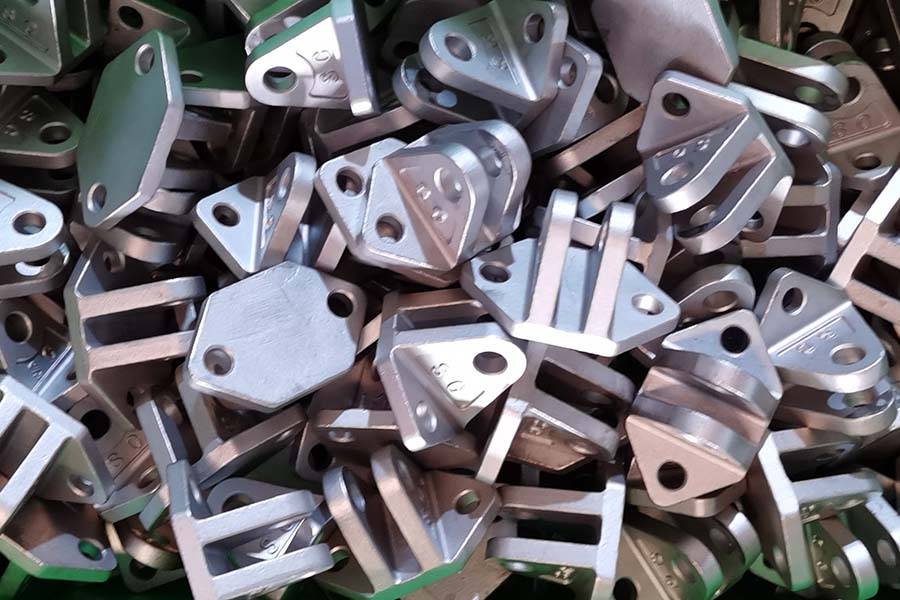
What Is Precipitation Hardening Stainless Steel?
Precipitation hardening stainless steel, which is called PH Steel, refers to the kind of stainless steel which adds different types and quantities of strengthening elements, and different types and quantities of carbides, nitrides, carbonitrides and intermetallic compoun...Read more -
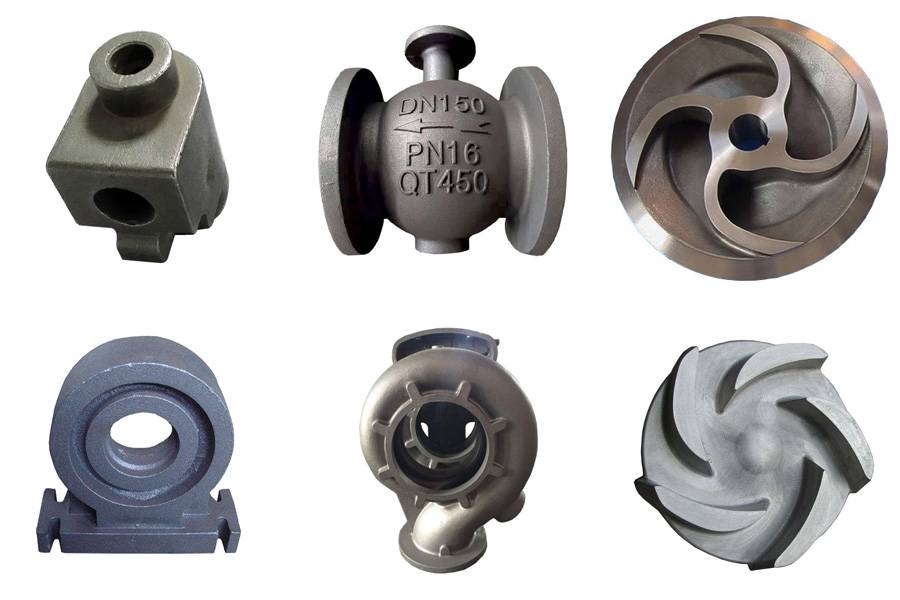
Gray Cast Iron VS Ductile Cast Iron
Both the gray iron and ductile iron could be cast by sand casting process, shell molding casting process (resin coated sand), lost foam casting, vacuum casting and investment casting. Sand casting is one of the most popular and simplest types of casting. Sand casting all...Read more -
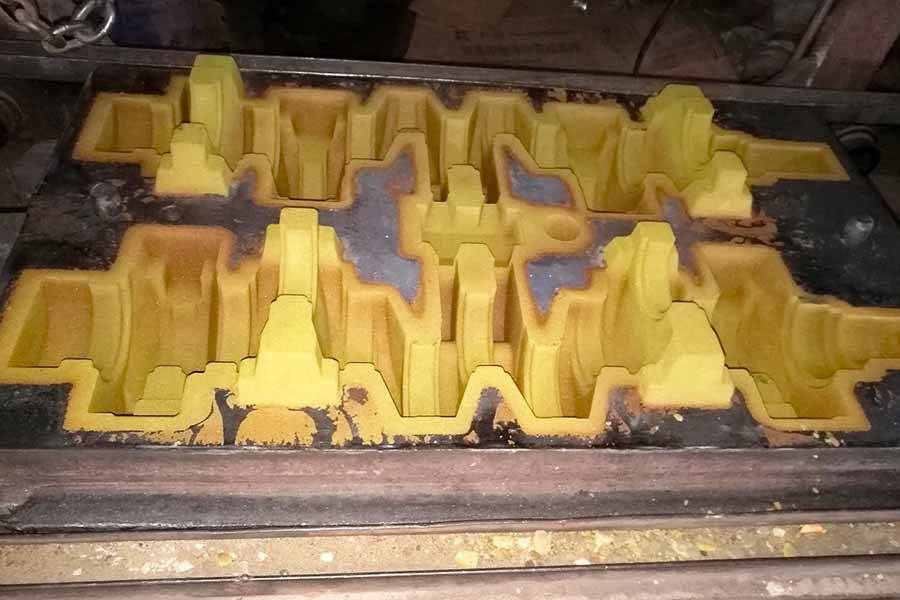
What is Self-hardening Sand Mold Casting?
The self-hardening sand mold casting or no-bake sand casting belongs to one type of resin coated sand casting or shell mould castings process. It uses the chemical binder materials to mix with the sand and allow them to be hard by themselves. Because no pre-heat process ...Read more -
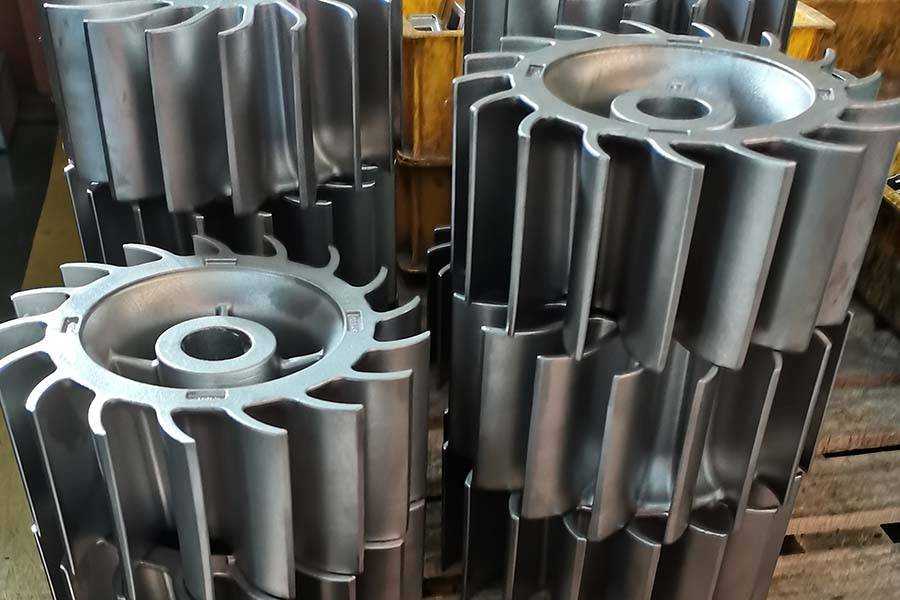
Different Categories of Steel Castings
Steel castings refer to the castings produced by alloy steel including hundreds kinds of steel grades, which are produced by many different casting processes such as sand casting, shell casting, investment casting, lost foam casting and vacuum casting. Steel castings can...Read more -
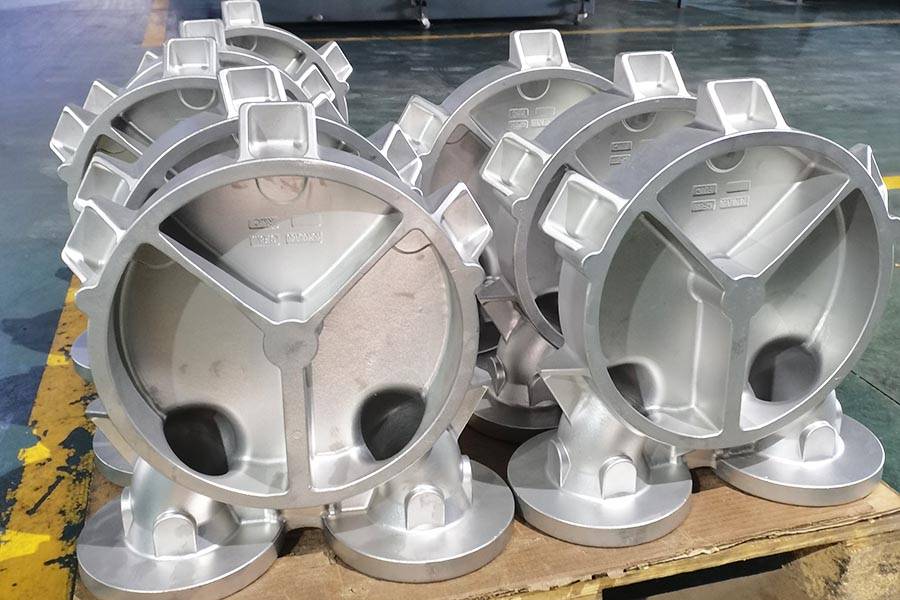
Stainless Steel and Investment Casting
Among the various casting processes, stainless steel are mainly cast by investment casting or lost wax casting process, because it has much higher accuracy and that's why the investment casting is also named precision casting. Stainless steel is the abbreviation of stai...Read more -
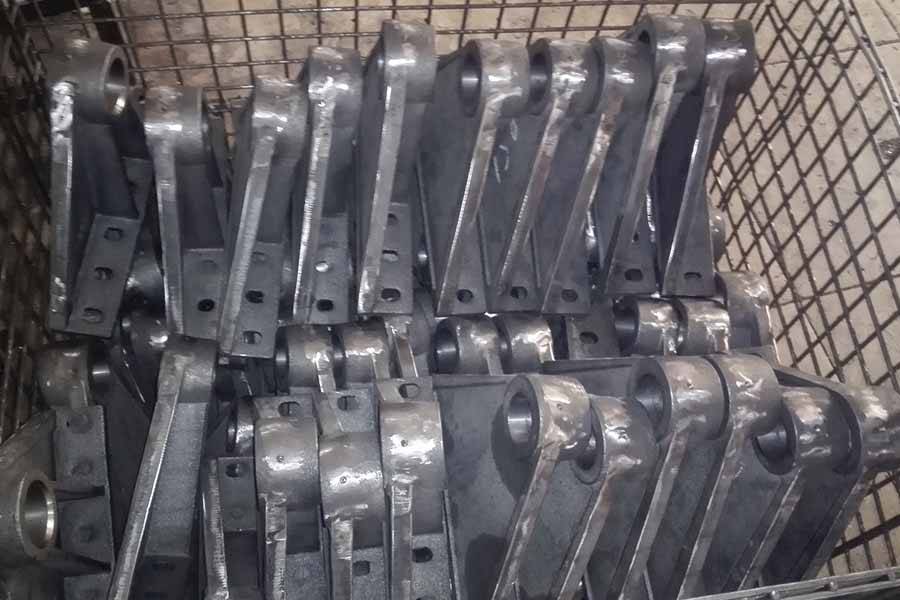
Non-ferrous Metals Casting
Ferrous metals are extensively used in the engineering industry because of their superiority, range of mechanical properties and lower costs. Still, non-ferrous metals are also used in various applications for their specific properties compared to ferrous alloys in spite...Read more












